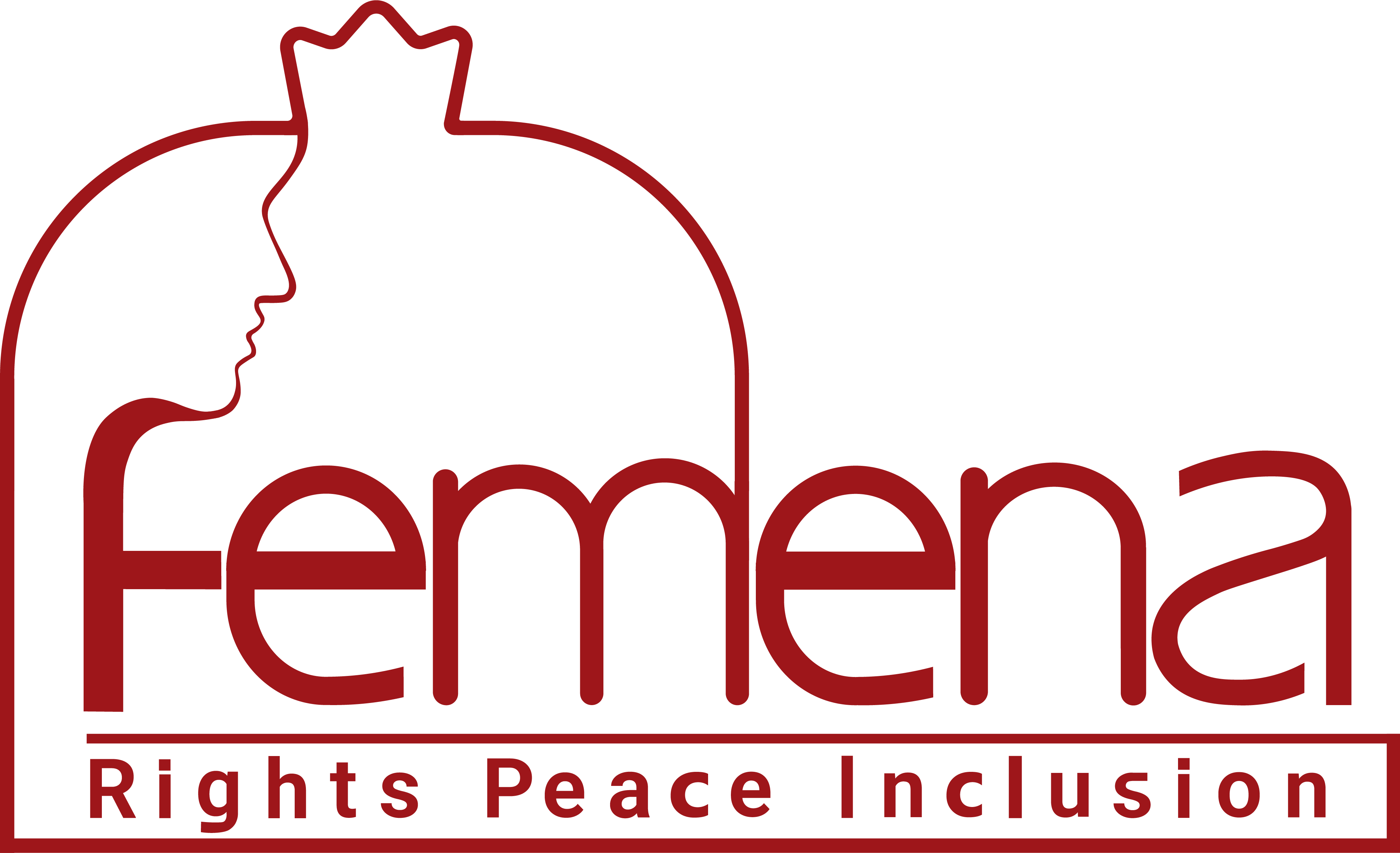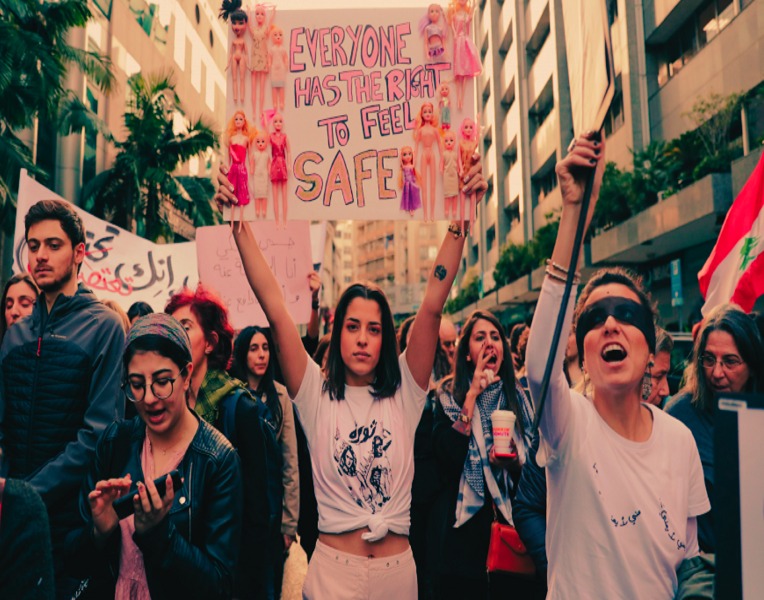Online gendered violence is a pervasive, global phenomenon that following the advancement of technology and the development of social network platforms, has affected the activism of human rights defenders, especially women and sexual/gender minorities.
In repressive contexts, with shrinking civic spaces, activists often use online platforms as their key form of communication and mobilization. Cyberspace activism is vital for feminist movements in these contexts. At the same time online sexist/sexual violence is increasingly used as a tool of pressure and intimidation against feminists and women human rights defenders in the MENA region, in order to discredit and isolate them and suppress their voices.
When Egyptian queer and communist activist Sarah Hegazi, who had been arrested and tortured by security forces in Egypt, committed suicide following what she had gone through in custody, many feminists in Arab world posted her pictures in solidarity. But they faced severe sexist and sexual attacks on social networks and some were forced to deactivate their accounts to protect themselves from violence and threats.
Nawara Negm, Egyptian journalist, blogger, and human rights activist, during the 25 Jan revolution, was active in Tahrir square. Nawara was forced to wear hijab since she was 11 and a few years back, she decided to remove her scarf. She posted a picture of herself not wearing a headscarf and received loads of sexist comments and threats which forced her to disappear from public view for a long time.
In October 2019, anti-government protests known as the “October Revolution” erupted across Lebanon and women were at the forefront of street demonstrations. They also tried to hegemonize feminist demands in anti-system discourses and protests. These women were exposed to harsh comments and attacks in virtual space.
When activist and journalist Nidal Ayoub’s voice grew prominent in the demonstrations in Beirut, a wave of harassment started against her. These attacks worsened when she started chanting in support of LGBTQ+ rights. Moreover, pictures of female protesters were posted on social networks in order to mobilize sexist attacks against them.
In December 2019, Lebanese women took to the streets of Beirut, chanted against sexual violence, demanded their bodily rights, sang protest songs and danced. A year later in December 2020, after years of efforts by women’s rights, Lebanon finally passed the anti-sexual harassment and victim-support. The new law expanded the definition of sexual harassment to include electronic harassment as well.
Character assassination is growing into an important tool of repression in the MENA region and the lack of sufficient mechanisms to protect women from violence in cyberspace, has made so many activists and human rights defenders silent and isolated. We need collective tools and efforts to make online spaces safe for feminist activism.


